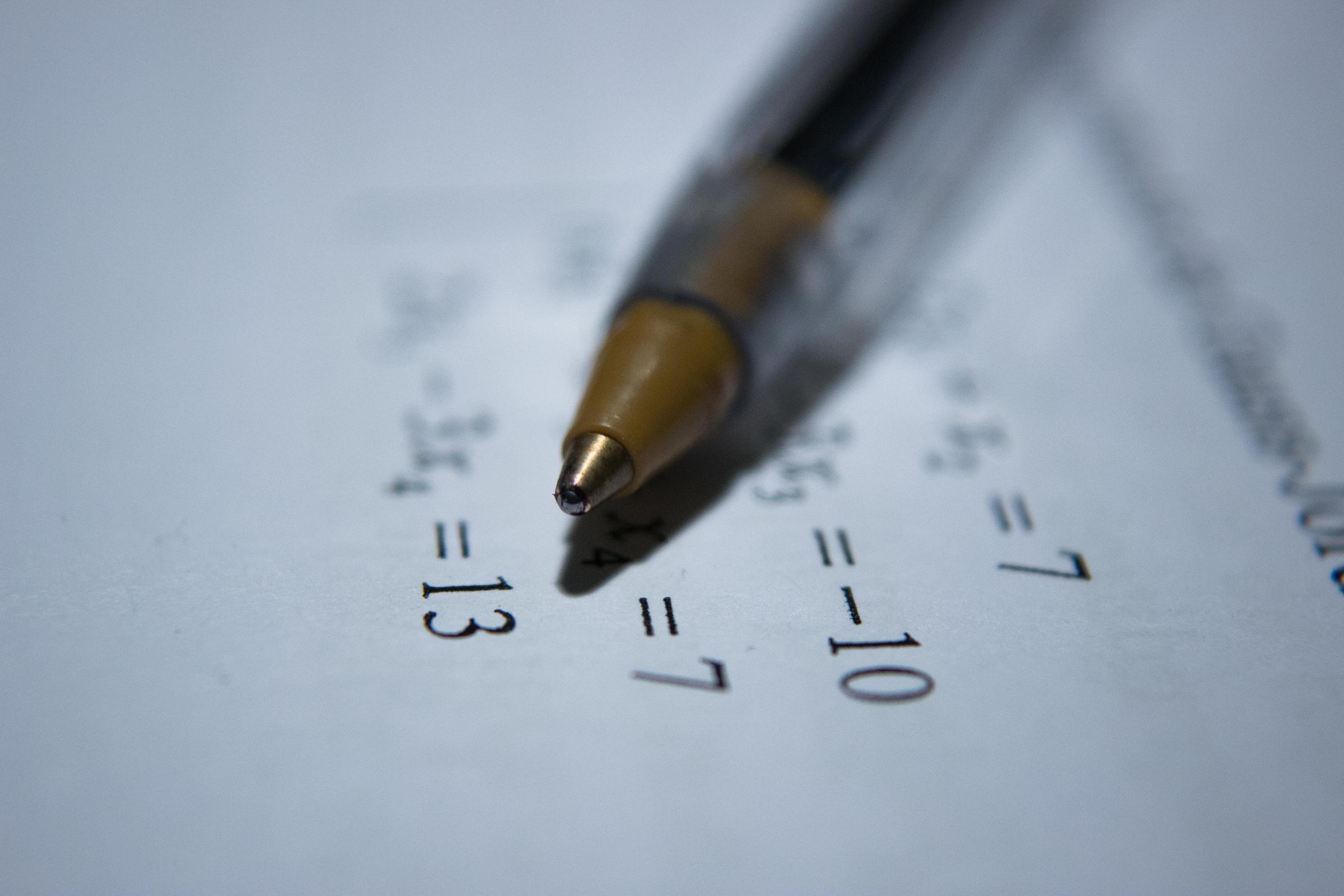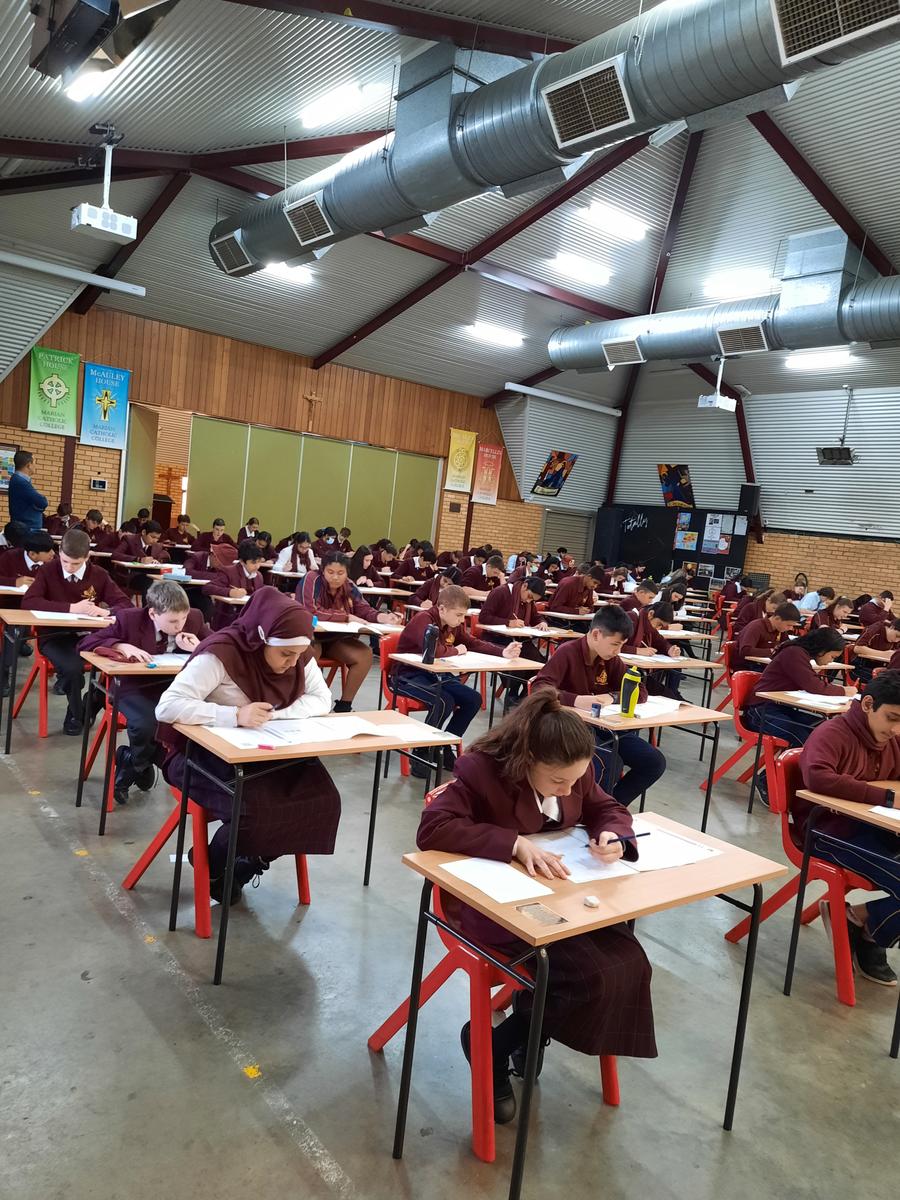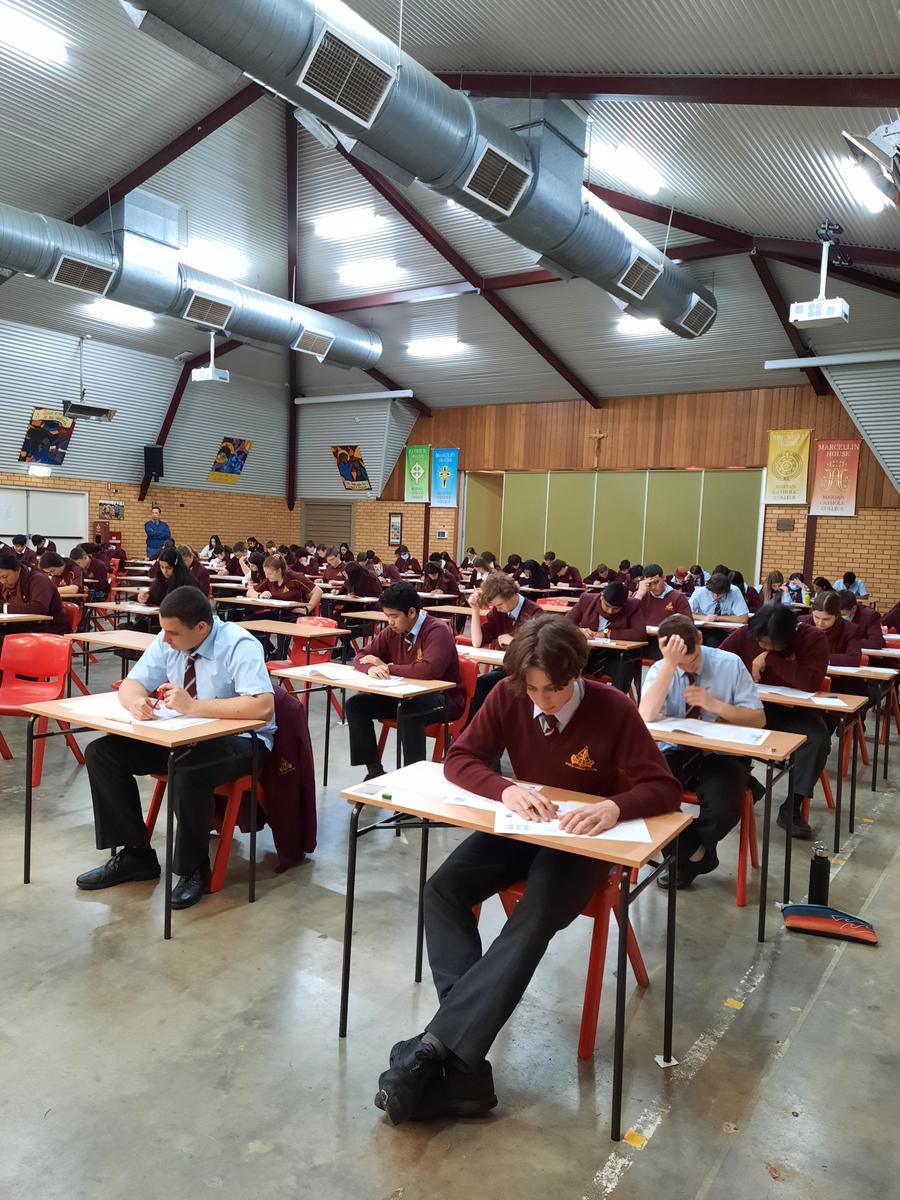Maths News

2022 AUSTRALIAN MATHS COMPETITION
Marian Catholic College participated in this year’s Australian Mathematics Competition last Term 3. The Competition consisted of 30 questions, 25 of which was a multiple choice questions, and 5 questions that required a number answers. Duration of the test was 75 minutes. This competition is aimed at getting children excited about maths and keeping them engaged so they become better problem solvers in school and creative solution finders in life. Enjoying the challenge of maths is the most effective way to get them there.
The College received the results of this competition. The report lists performance statistics for the school by year level and compares them to other schools in their Australian state or their country/region (as applicable). It also lists the cut-off scores for the Prize, High Distinction, Distinction, Credit and Proficiency awards. The top three students in each year and any Best In School award winners are also listed.
The following are the topic classifications:
1. Number has been divided into two categories, Basic Arithmetic and Fractions and Ratios. Basic Arithmetic includes the four basic operations, decimal representation and place value. Fractions and ratios includes routine questions involving either fractions or ratios.
2. Algebra includes questions involving pre-algebra concepts.
3. Geometry has been divided into two-dimensional and three-dimensional questions. Some geometry questions involve measurement but are classified as geometry where the focus of the question is geometrical understanding.
4. Measurement includes measurement of time and space, where understanding and working with units is the main focus.
5. Statistics and Probability have been grouped together as the number of questions in this category is small.
6. Problem-Solving has been divided into three categories, Routine, Non-routine and Enumeration. Routine problems may require some mathematical formulation, but usually only require one or two steps. Non-routine problems either require higher-order thinking or involve more than one category of mathematics. Enumeration problems involve counting the number of possibilities in a variety of circumstances.
Top Students
| Year | Student | |
| Junior - Year 7 | Pamela Sayson | |
| Junior - Year 7 | Krina Chaudhary | |
| Junior - Year 7 | Jack Pentony | |
| Junior - Year 8 | Cooper Savage | |
| Junior - Year 8 | Nancy Tietie | |
| Junior - Year 8 | Caelan Cai Culgan | |
| Intermediate - Year 9 | Charles Adamson | |
| Intermediate - Year 9 | Loujane Dardr | |
| Intermediate - Year 9 | Jiya Patel | |
| Intermediate - Year 10 | Curtis Pendlebury | |
| Intermediate - Year 10 | Dahlia Abbas | |
| Intermediate - Year 10 | Ross Aloniu | |
| Senior - Year 11 | Lachlan Chant - Best in School Award | |
| Senior - Year 11 | Lauren Ippoliti | |
| Senior - Year 11 | Angelica Rowland |
Congratulations to all the students who participated in this event!
Mrs. E. BLANCO
Head, Mathematics Department



